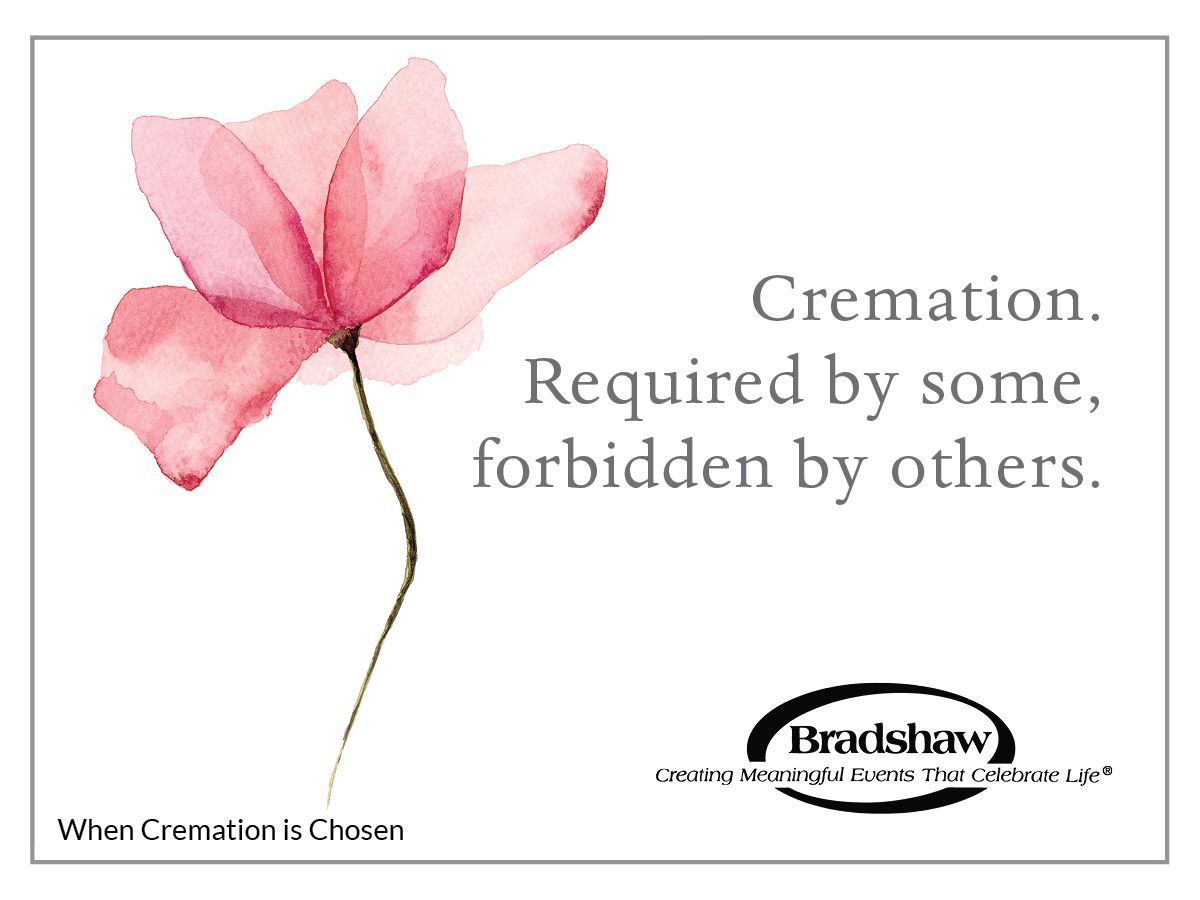Where Can I Scatter the Remains of a Loved One?
Whether your loved one was a beach enthusiast or a theme park fanatic, you might be thinking about where to scatter their cremated remains to pay tribute to what they loved in their lifetime. But just like if they wanted to be buried, a lot of thought should go into your loved one’s final resting place.
Scattering the ashes of someone you loved is a beautiful way to say goodbye. There’s a feeling that they will find peace in the place that made them so happy while they were alive. But unfortunately, scattering remains is not that simple. There are a lot of rules and regulations about where you can distribute the ashes of someone who has passed on. Here’s where you can and definitely can’t be scattering ashes.
Where can you scatter a loved one’s remains?
For starters, your private property is always allowed to be a final resting place for your loved one’s ashes. It’s your property, and you can do what you want with it, to an extent. Scattering ashes in your yard isn’t a risk to your community, so you’re welcome to do it. One thing to keep in mind, though, is that you may have to disclose that there are human remains on the property should you ever decide to sell your home.
Another common option is to scatter ashes at sea. However, specific rules and regulations apply in these cases. According to the EPA, scattering ashes in the ocean counts as a burial at sea. If you want to have a burial at sea, it will need to be done at least three nautical miles from shore. You must either scatter the ashes on their own or have them in a biodegradable urn. If you want to drop anything else with the ashes, like flower petals, be sure that they are also biodegradable. If your loved one was a furry friend, you will need a special permit, but human remains don’t require any sort of permit. However, any burial at sea must be reported to the EPA within 30 days of the ceremony.
These rules only apply to scattering the ashes in an ocean, but if you’re hoping to place them in other bodies of water, different regulations may apply. It is illegal to scatter ashes in inland waters in some states, so before planning any ceremony, call the health and environmental agencies in your state to be sure it’s allowed.
Like the ocean, scattering ashes is generally allowed at national parks, but certain rules are in effect. For instance, you’ll typically need a permit. You should always request permission from the chief park ranger and ask for the limitations of where you can scatter the ashes. For instance, there may be an environmentally sensitive area of the park where the ashes could be harmful to plant life. On the other side, you also shouldn’t drop the ashes too close to a trail, as you could run the risk of the ashes disturbing other travelers.
Similarly, you’re allowed to scatter ashes on uninhabited public land in most cases. It’s very common for someone to want their loved one’s final resting place to be in a tranquil forest. However, although it’s usually legal, you’ll still want to contact local authorities to be sure. And, just like with national parks, don’t ever scatter ashes too close to a trail.
Even if your loved one didn’t want to be buried, they might be allowed to be scattered in a graveyard. But whether or not they are allowed depends on the cemetery’s rules, local ordinances, and if the graveyard is public or private property. Be familiar with your town’s laws and contact the graveyard before attempting to scatter ashes there. Many privately-owned cemeteries now contain scattering gardens, which is the only place that they allow remains to be spread. The use of these gardens also often costs a small fee.
Where can you not scatter a loved one’s remains?
When it comes to most public land, you’ll need to contact local authorities or your state’s health and environmental agencies before planning any ceremony to scatter a loved one’s ashes. But as long as you follow local and federal regulations, you should still be able to give them the send-off you were hoping for.
Private land, however, is generally more off-limits. Of course, you wouldn’t just show up at your neighbor’s house ready to scatter ashes without your neighbor’s permission, but it’s important to remember that private land often has public access. For instance, your loved one might have been a big baseball fan, but you can’t go to Fenway Park and just drop their ashes there. Fenway Park, like any major league baseball field, is privately owned. And while you can ask permission from the park’s owners to spread the ashes, the answer will most likely be no.
The same applies to a theme park. For years, there was an urban legend that people were scattering ashes in Walt Disney World, but it turned out not to be so much of a myth after all. People attempt to sneak their loved one’s remains into the theme park every day, and if caught, security will escort the guests off property. Perhaps even worse, those remains can pose a health hazard, which is why as soon as ashes are found, the custodians will have to suck them up into a HEPA vacuum. The bag inside a vacuum is likely not the final resting place you were hoping to give your loved one.
It’s better to scatter your loved one’s remains either on private property that you own or on public land. When it comes to your property, what you do with it is your business. With public land and waterways, local authorities will be able to answer any questions you have to be sure that you are scattering your loved one’s ashes in an ethical, environmentally conscious way. Give your loved one a goodbye in a beautiful location, knowing that you’re not doing harm.











